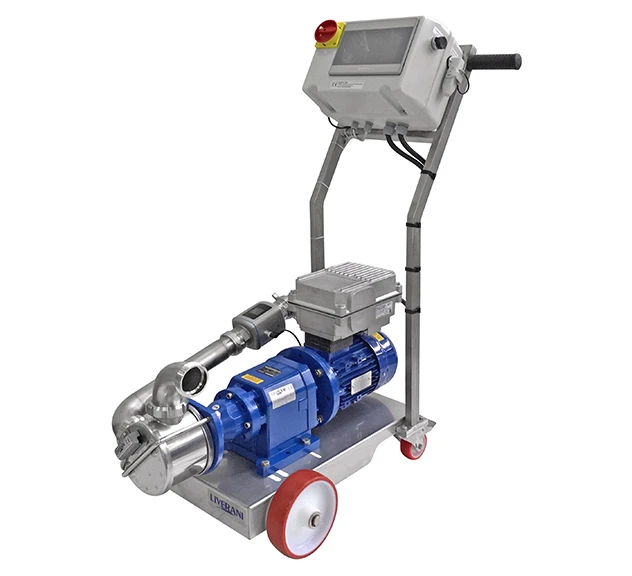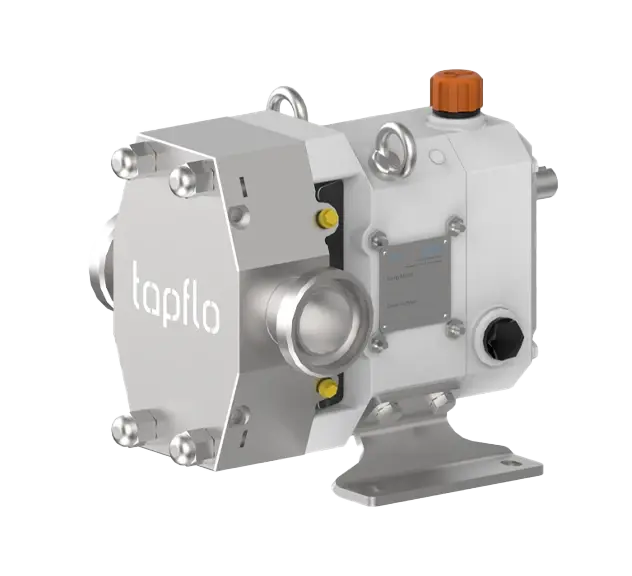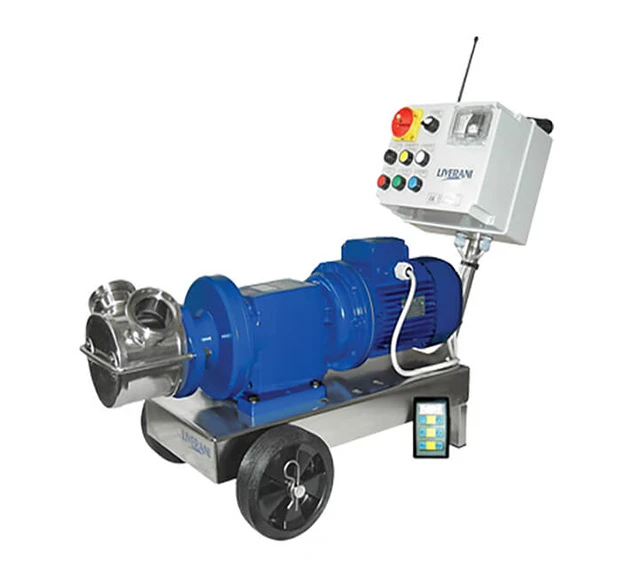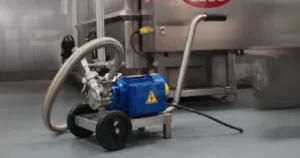In winemaking, selecting the right pump is crucial to ensuring product quality, operational efficiency, and hygiene. A Wine Pump plays an essential role throughout various stages of the wine-making process, including the transfer of delicate fluids like grape must and fermented wine.

100
Max. Temp (C)
18
Max. Head (M)
43.8
Max. Flow (m/H)
All-in-One Flexible Impeller Winery Pump


100
Max. Temp (C)
100
Max. Head (M)
82
Max. Flow (m/H)
Hygienic Lobe Pump for Wine


100
Max. Temp (C)
40
Max. Head (M)
72
Max. Flow (m/H)
VA & INV Flexible Impeller Brewing Pump

Wine Pumps are integral to several stages of the winemaking process. Some common applications include:
Selecting the right pump for each stage will help maintain the integrity of the wine and optimise operational efficiency.

When selecting a pump for your winery, it’s essential to keep several key factors in mind:
Contact our experts today and discover your wine pump solution!
Several types of pumps are well-suited for winery applications, each offering unique benefits depending on your specific needs.
Flexible Impeller Pumps: Designed with the Oenological industry in mind, Flexible Impeller Pumps are ideal for transferring both must and wine. The flexible vanes of the impeller allow the pump to handle solids gently while providing pulse-free, low-speed operation.
Benefits:
Peristaltic Pumps: Peristaltic Pumps are Positive Displacement Pumps that excel at transferring delicate fluids. Their design ensures only the hose comes into contact with the product, which is especially useful when handling must or wine.
Benefits:
Drawback: Peristaltic Pumps can produce pulsation in the flow, but this can be mitigated with a pulsation dampener.
Sanitary Diaphragm Pumps: Diaphragm Pumps are versatile, air-powered pumps popular in many industries. They are highly suitable for wineries due to their ability to transfer large volumes of fluid without compromising quality.
Benefits:
Sanitary Lobe Pumps: Lobe Pumps are known for their efficiency and ability to handle shear-sensitive fluids. They are ideal for wine transfer, filtration, and bottling due to their near-pulsation-free operation.
Benefits:
While Centrifugal Pumps are common in beverage production, they are not recommended for winemaking due to their potential to introduce oxygen during transfer, leading to oxidation and altering the taste of the wine. For delicate fluids like wine, it’s better to use pumps that minimise agitation and exposure to air.
In addition to choosing the right pump type, keep these factors in mind:
What is Grape Must?
Grape must is a combination of freshly crushed grape juice, skins, seeds, and stems (pomace) that forms during the initial stages of winemaking. It is a thick, viscous liquid, typically around 2000 CPS on the viscosity scale, compared to the low viscosity of fermented wine (1 CPS). The ability to handle both must and wine requires pumps with specialised design and capacity.
Must Pump vs. Wine Pump: Which One Do You Need?
The distinction between a Must Pump and a Wine Pump comes down to the type of liquid being moved and the pump’s design.
For more information on Wine Pumps and how our systems and solutions can assist with your Oenological needs, contact us today.
Call us:
02380 252 325Email us:
[email protected]Contact our experts today for further information
If you are having trouble finding the suitable pump for your needs please contact
02380 252 325